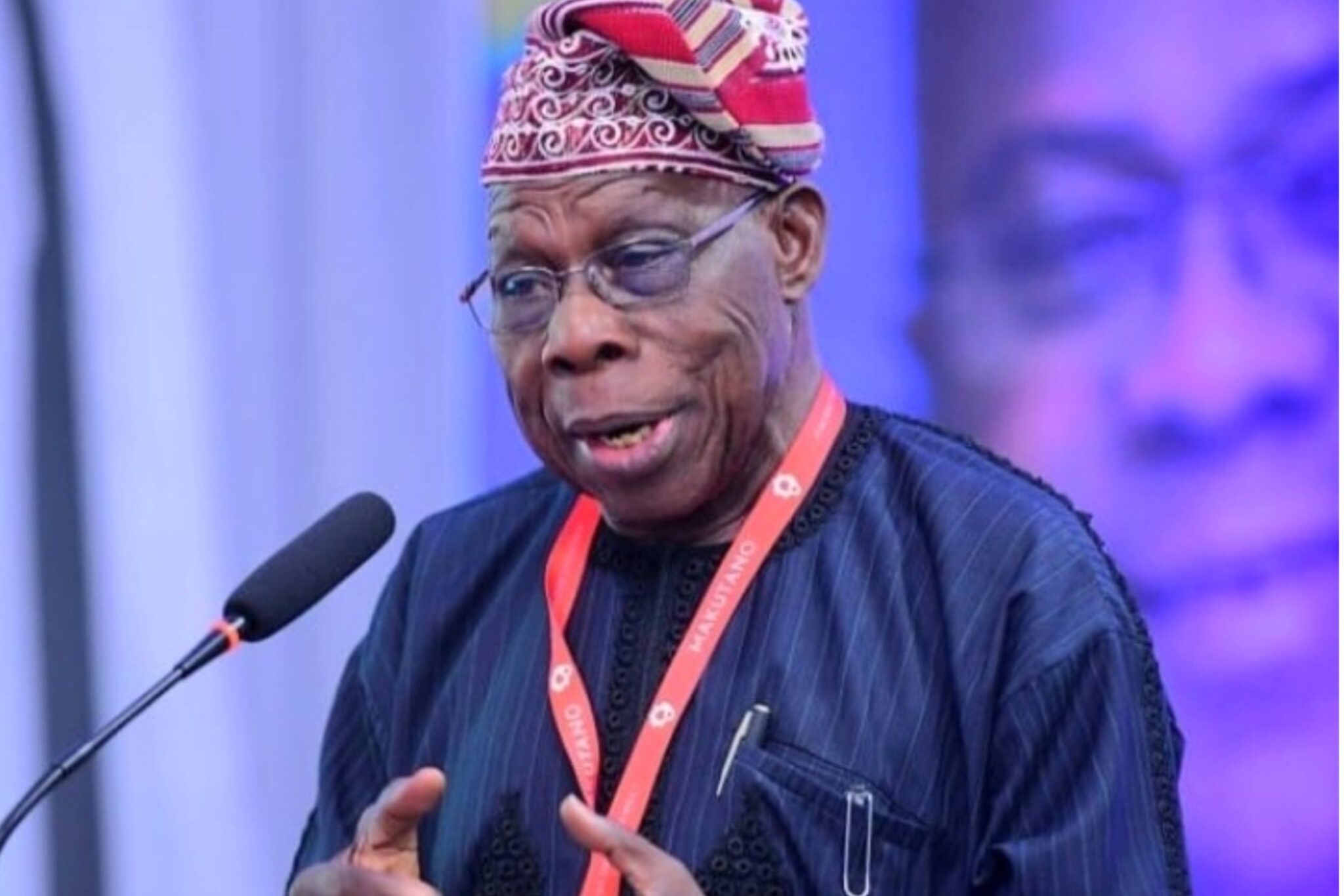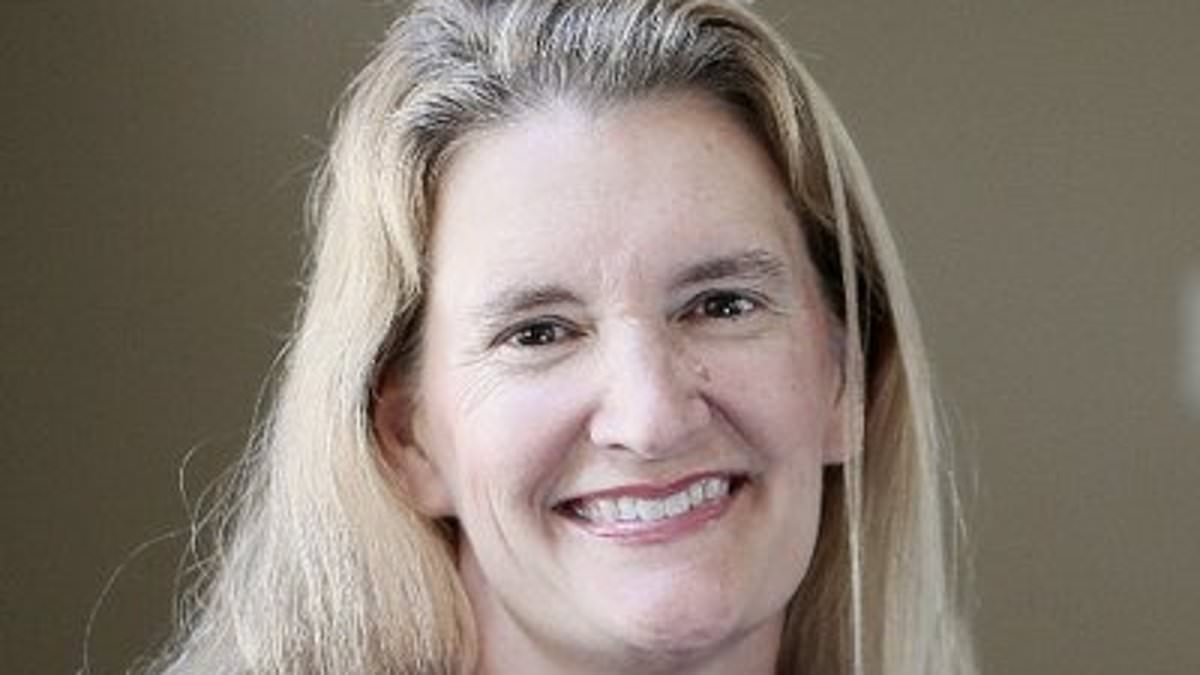Copyright thestandard

This was originally a post about the Future Fund, suggesting that it was unexceptionable, consistent with Labour thinking over decades, and sensible, if part of a renewed focus on economic transformation. Today’s tax leak shifts the ground. First, its substance is unsurprising. The later Robertson and long-term Parker views are lost. Second, this position is at odds with much of the thinking in the Party. And it is too important an issue to be subsumed under a discipline message as it speaks to the fundamental purpose of a party for working people. Third, the tax debate takes place in particular historical circumstances. My take on these circumstances is this. The world is entering an extended period of severe political and economic instability. From Piketty to Varoufakis, commentaries have been suggesting for many years that the post-1930s Keynesian model and its institutions have failed, to be replaced by a political economy dominated by an empowered supra-national capital and its clients, a new global elite with vast wealth and a feudal insight into the wielding of power, authoritarian populist regimes and a brash militarism, replete with new technologies. Neo-liberal ideology has provided a significant intellectual framework and policy direction for this fifty-year progress. The fragmentation and disruption visited on national economies and societies by neo-liberalism since the 1970s is damaging evermore the rules-based international order and encouraging profoundly anti-democratic models to prosper. One thing, once unimaginable for many, must be considered, The last fifty years have not been an interlude in the progress of the 1930s Accommodation. It is, rather, its extended demise. One does not need Piketty’s thinking to justify this view, though Piketty understood what was happening earlier than most. We are in uncharted waters, the denizens of which include Trump, Putin, Xi, Thiel, Musk and Bezos. As in the 1930s, the assailed liberal democracies are uncertain what to do and face having their history made for them. In simple terms, Social Democracy’s commitment to the post-1930s Keynesian model, and its consequent rejection of more radical political agendas, have seen it trapped in a self-denying ordinance of its own making, responding, rather that initiating. Of course Labour must win elections, but it must do so on the basis of policy settings that reflect the contemporary challenges facing working people. Poll-driven politics doesn’t much like this. Indeed, it cannot do it. And to understand those challenges is difficult, and implementing a progressive response is not easy. For example, UK Labour’s victory in the 1945 election, and its ability to introduce the welfare state, came off the back of a long, costly war against fascism, in which a people’s army came to reject Churchill and choose Attlee. EP Thompson captures this superbly in his account of military service. Similarly, the great Scandinavian accommodations were forged in a period of major class struggle and militancy. For New Zealand, this challenge might suggest a strongly defensive national response – if you like, a new, national, defensive accommodation. The alternative is turmoil. We may not be able to avoid that domestic turmoil, as some analyses of the current crisis suggest. A strong argument may be made that NZ’s political configuration will not permit that new accommodation. In particular, Capital and the NZ Right may not be open to compromise. One looks at the current combination of incompetence and arrogance in the National Party and sees few shoots of accommodation. A defensive accommodation, if attempted, requires us to recognise that trade systems face disruption, that import substitution may be a necessity, not a choice, that domestic infrastructure and production may require adjustment towards greater national self-sufficiency, that migration pressures will have to be managed, that defence requirements and expenditure will have to be addressed, and that measures will be needed to promote domestic social and political inclusion. Already vast, and growing, wealth differentials will not support that programme or a necessary social and political inclusion. People must be permitted access to the adequate and certain material means to see merit in a defensive accommodation. Tax measures to flatten wealth differences are essential. Moreover, it would also be essential to strengthen the voice of working people in work and in the wider democracy as a safeguard against attacks from the Right. This must go beyond collective bargaining, itself an important defence of democracy, into yet unexplored areas of industrial democracy. Action is needed on the tax front, on the productive economy and on policies for social and industrial inclusion, if turmoil is to be avoided. To add to the cheer, we do not have unlimited time to address these issues. The evident decay of liberal democratic traditions, the rise of oligarchic right-wing politics, military adventurism and “informal” war, the decay of the Bretton Woods institutions, to name just some currents, are stark reminders of encroaching instability. We have at best a few years to make these changes.



